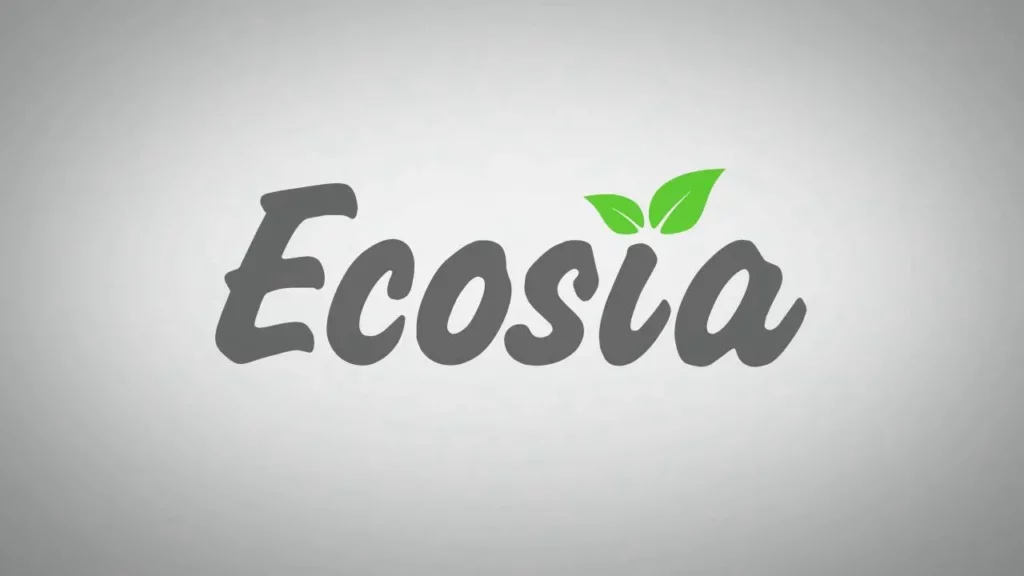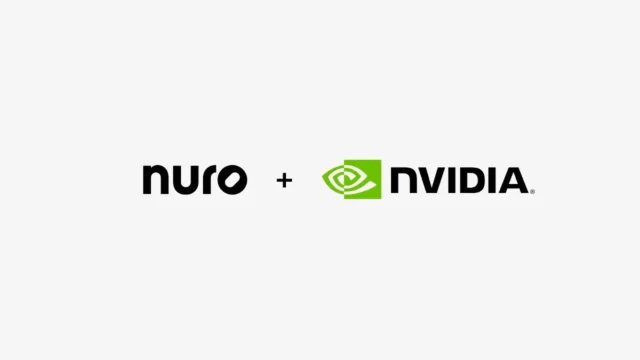Ecosia, the Berlin-based non-profit search engine, has thrown a wild card into the ongoing antitrust saga involving Google Chrome. Rather than see the browser sold off to a competitor, Ecosia has asked Judge Mehta to grant it 10 years of stewardship.
Why Ecosia Thinks Chrome Stewardship Works

The U.S. Department of Justice has pushed for Google to divest Chrome after a 2024 ruling found it held an illegal monopoly in search and advertising. While tech giants like OpenAI and Perplexity have floated purchase offers, Perplexity even offering $34.5 billion, Ecosia’s pitch skips the auction entirely.
Instead, Ecosia wants to manage Chrome at no cost, while pledging to invest about 60% of Chrome’s projected $1 trillion in revenue into global climate projects. The remaining 40% would still go to Google, which would retain IP rights and even remain the default search engine.
A Climate-First Model
True to its mission, Ecosia’s plan would funnel hundreds of billions into reforestation, rainforest protection, prosecuting polluters, and green AI research. The non-profit already donates millions each month across 35 countries, giving it a track record of turning profits into environmental action.
Not Just Business as Usual
Kroll admits the idea may seem far-fetched, but argues that forcing a straight sale or spin-off would simply keep Chrome’s profits circulating inside big tech. By contrast, stewardship could reset how a trillion-dollar asset serves the public interest. Ecosia has also promised to keep Chrome’s employees on board, ensuring continuity.
Whether the judge takes this seriously is another question. But even if the pitch doesn’t land, Ecosia may succeed in planting the idea that big tech divestitures could benefit the planet, not just rival corporations.














